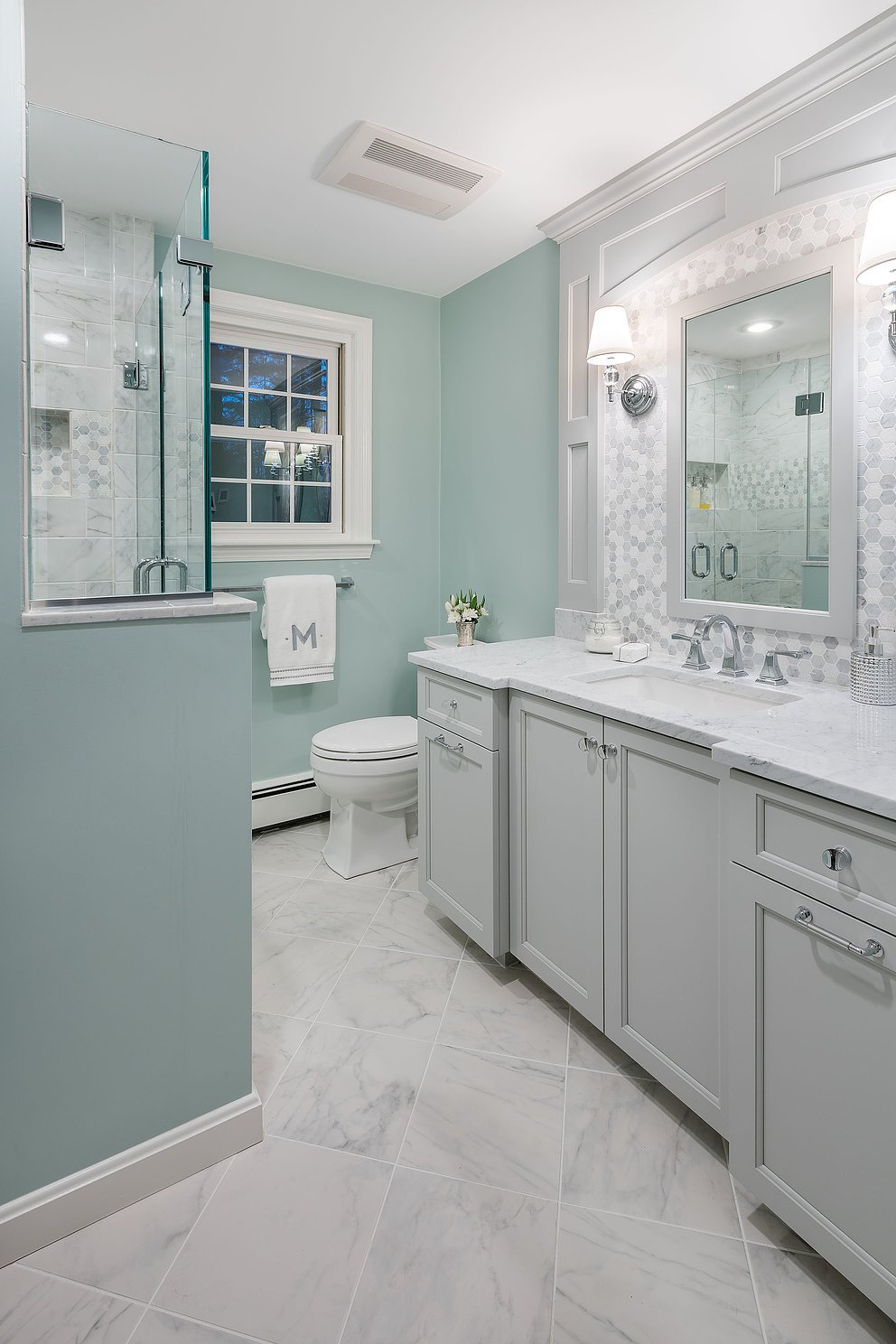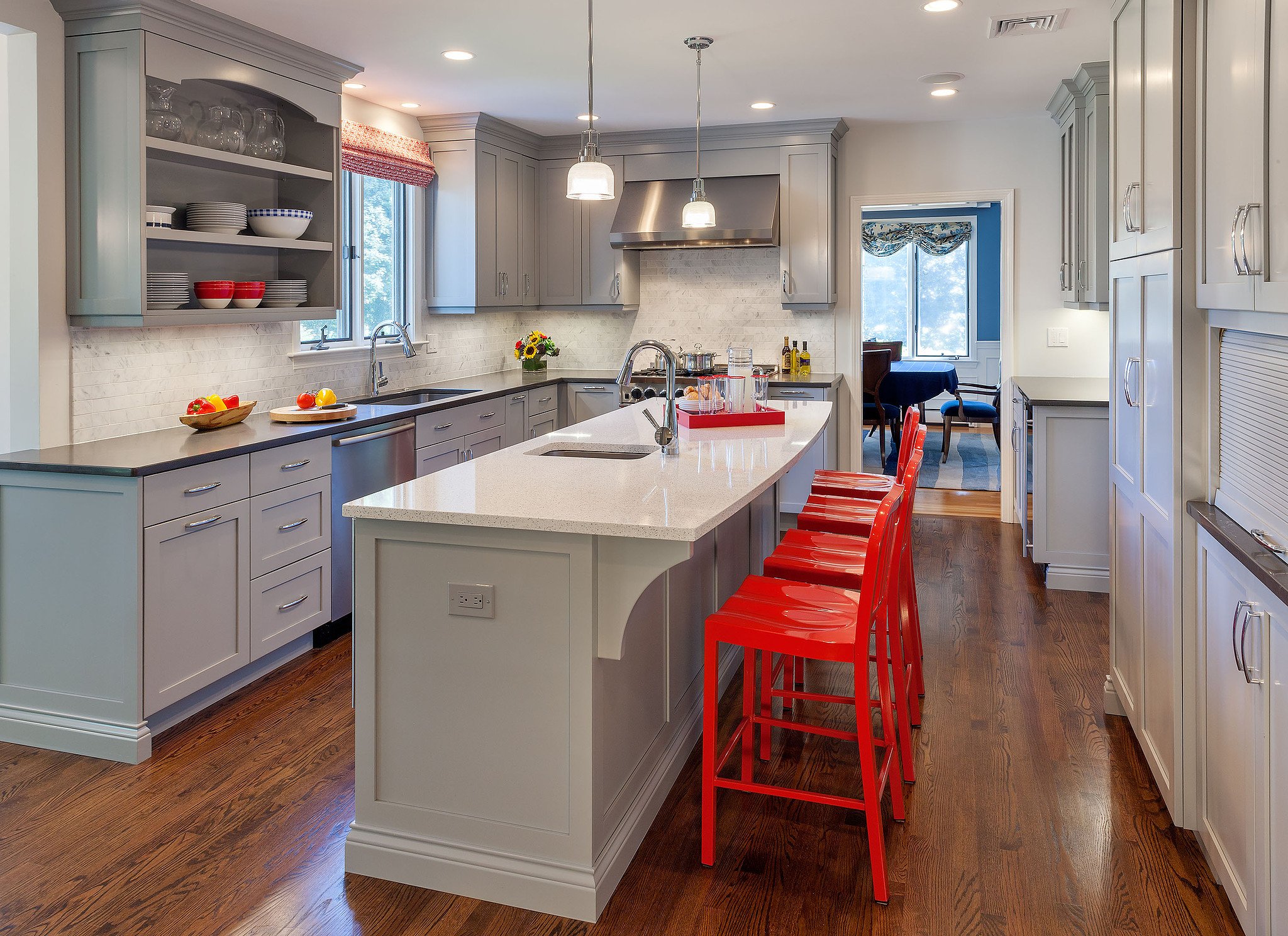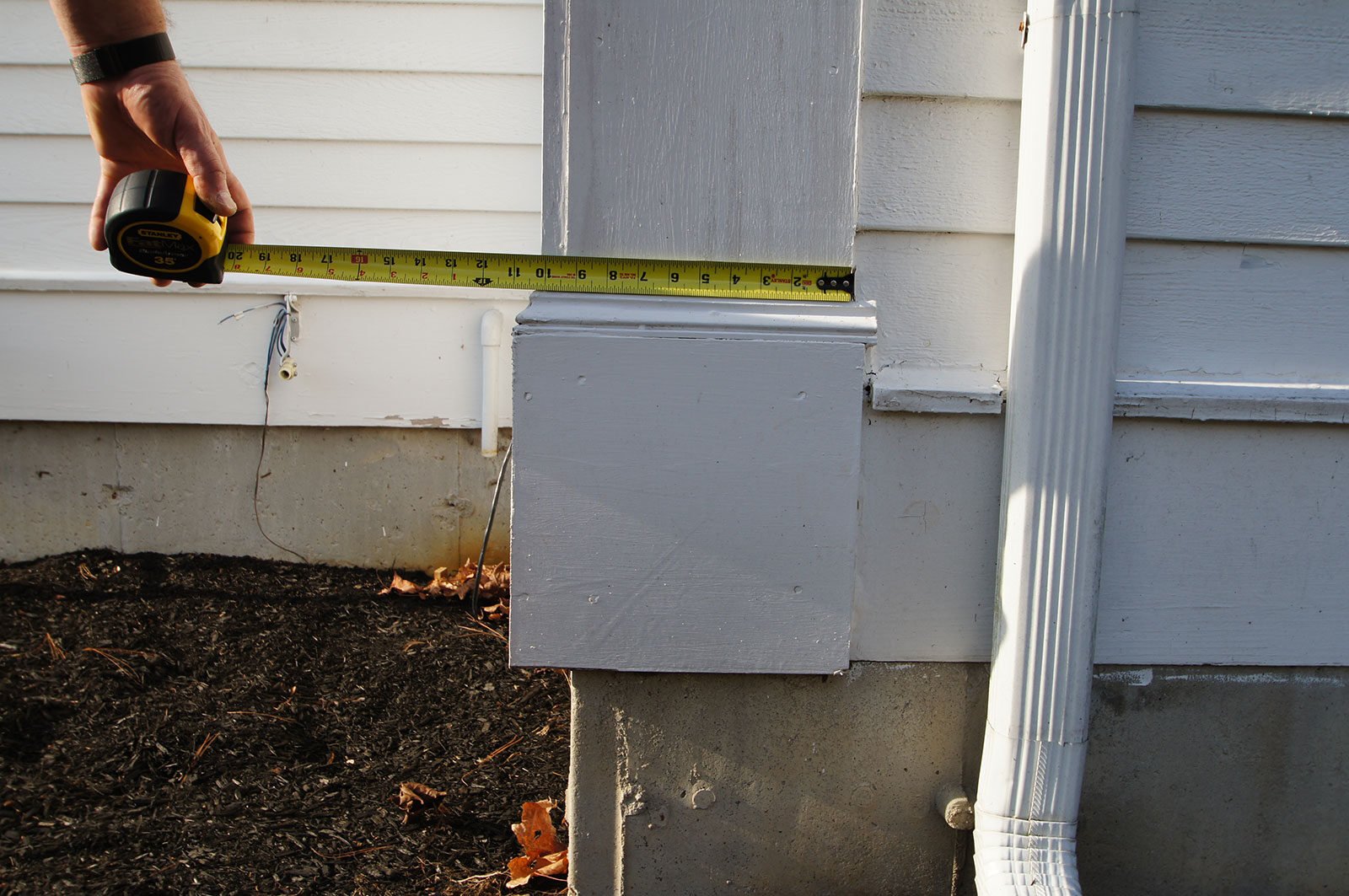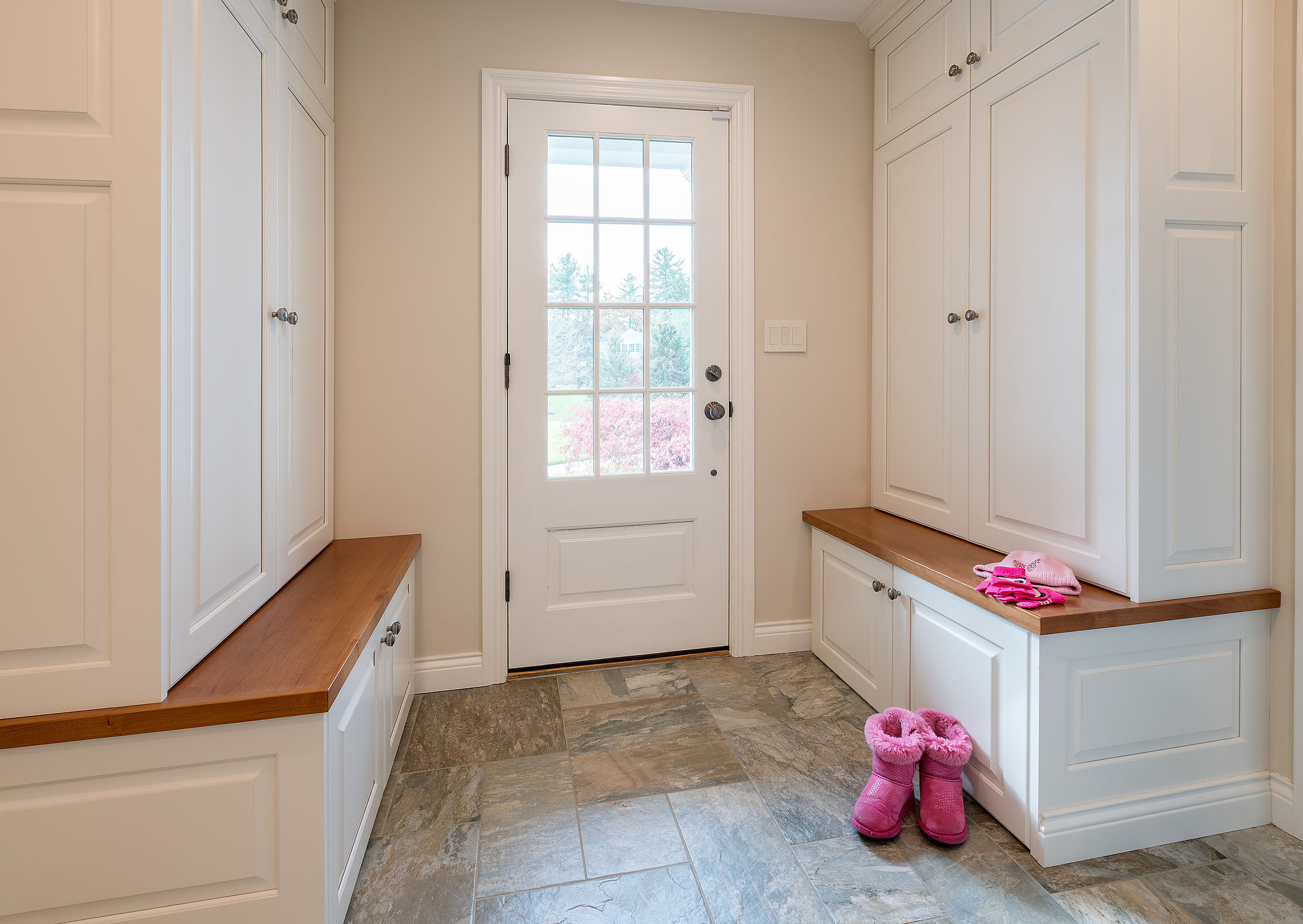How to avoid paying for a home renovation twice and other renovation lessons
Topic:
Home Renovation
Human nature makes it difficult for most of us to pass up a bargain, and home renovation is no exception.
One homeowner might “know a guy” who’s pretty handy with a hammer and is willing to tackle a home renovation project for a lot less than a reputable company. Another might take a chance with a contractor who offers a bargain basement price because he “wants to keep his guys working.”
Whatever the reason for accepting a too-good-to-be-true price, sooner or later the homeowner ends up paying more – sometimes a lot more – to fix poor work or replace low-quality products. Instead of getting their renovation project done right the first time at a reasonable price, the homeowner ends up doing it over again, essentially paying twice (and sometimes even more).

The problem is that if you focus solely on cutting costs, chances are good you’ll end up cutting corners. Instead, it’s important to build a relationship with a home renovation firm that has as strong company culture based on quality and craftsmanship. A company that insists on using quality materials and taking care to “measure twice and cut once.”
These three principles will help ensure that your next home renovation project will be a cost-efficient success, regardless of size and scope:
1. Avoid poor quality home renovation products
As we alluded to earlier, low-cost, poor-quality products usually end up being the most expensive choice. For example, a big-box home improvement store might carry the same plumbing product brand names as a quality plumbing store, but on closer inspection the actual products and part numbers are different. That’s because the well-known national brand makes lesser quality products specifically for the big chain stores so that those stores can sell them to consumers for less.
As a consumer, you may end up initially saving a few dollars at the big store, but you’ll end up spending more when those low-quality products fail and you have to replace them. The smarter move would have been to hire a qualified contractor to begin with who values quality and purchases their products from a reputable commercial supplier.
2. Avoid low price bids
The saying “if it seems too good to be true, it probably is” applies here. Low price almost always means low quality. No contractor can stay in business if they’re not making money. So if they’re quoting a really low rate, that’s because they’re paying less for their workers and the products they use. And that screams “poor quality.” Don’t fall for it.
3. Choose the right home renovation company
The key here is trust. Does the firm seem trustworthy? Are you confident in their capabilities? Do they communicate clearly, consistently, and regularly? Reputable companies tend to be around a long time because they establish long-term relationships with equally-reputable subcontractors. They’ve developed proven processes that consistently yield predictable, high-quality results with a success rate to match.

Only one in 20 remodeling companies survives longer than five years. When you find a company with a long history in the home renovation industry that’s because they have happy, satisfied customers who hire them repeatedly and recommend them enthusiastically.
The importance of planning a home renovation project
There are many stories of homeowners who either have goals for a renovation that cannot be achieved because of zoning or cost limitations or who hire a home renovation company without the experience and ability to explore all of the elements required for a successful renovation.
What’s needed is proper planning. Without it, success can be elusive and failure an all-too-common result.
Often homeowners spend money on architectural plans, quotes, and drawings from low-skilled home renovation companies only to find that they cannot move forward with their project for any number of reasons. Perhaps the contractor didn’t bother to check building or zoning codes. Maybe they over-promised the client, anxious to get the work, but then discovered that they couldn’t deliver the project within the client’s budget.
Poor planning doesn’t just create frustration and stress for the homeowner – it can rapidly and significantly drive up costs. Here’s an example:
Let’s say you have a home renovation project and you find out that you need to move your family out while the work is being done. So you rent a house for $4,000 a month for a project the contractor says will take four months — an additional $16,000 on top of the estimated project costs. Now let’s imagine the contractor does not have the schedule right and the project takes eight months to complete. The added housing cost has now doubled. And that does not even take into account the emotional cost on your family for being displaced, not just for four months, but for eight. All of this could have been avoided with a contractor who planned properly from the start and was clear and accurate in communicating the schedule and necessary actions so you and your family could be prepared.
The value of company culture to home renovation
How a company operates says a lot about its culture and commitment. If there seems to be a disconnect between management and the workforce, that should raise a red flag about their ability to work in unison to complete your project on time and on budget.
If the company is working as a real team, with every individual committed to quality work and contributing to the effort, then your chances for a successful project skyrocket. This doesn’t just provide peace-of-mind, it also provides real bottom line benefits because a home renovation company that doesn’t nurture a team culture tends to develop a self-serving one.

This can directly affect your project’s cost because a company without a unified team leaves lots of room for small issues to turn into big problems. Individual workers focused solely on their tasks who spot a potential issue may say nothing because “it’s not my problem.”
This can result in project delays and added expense when the issue finally comes to light and has to be addressed after it’s become a full-blown problem.
To ensure a positive and productive relationship built upon mutual trust, your contractor should have the following values:
- Quality craftsmanship
- Financial stability
- Integrity
- Respect
- Loyalty
All of these values indicate a commitment to getting the job right the first time, establishing a great relationship with the homeowner, and maximizing the value of the renovation for the homeowner.
Understanding really matters in a home renovation company
When your project is completed, you should be absolutely thrilled. It should not be just...okay. Or simply “fine, for now.” Your project should be what you envisioned.
While price is important, it should not be the deciding factor. Succumbing to the siren song of ”low price!” often ends up costing the homeowner more when shoddy work has to be fixed and poor quality products replaced.
The right contractor is the one focused on producing results for you. That requires proper planning and a proven process for success. A commitment to quality, attention to detail, and clear communications will result in a renovation or remodel that you will enjoy waking up to every morning.
To learn more about the home renovation process, please read our eBook, “The Homeowner’s Guide to Creating the Dream Home You’ll Love.” And if you are ready to speak about your next renovation, please schedule a home renovation discovery session.




























Leave a comment